detail profile miguel ayones
Peran Yang Di Mainkan Miguel Ayones
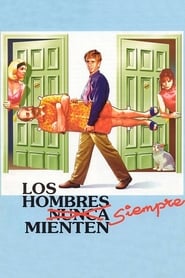 When Martin is about to be...
When Martin is about to be...Los hombres siempre mienten 1995
When Martin is about to be expelled from some literature courses, an unexpected event gives a turn to his uncertain future as a writer. Taking advantage of the absence of his neighbor, a consecrated novelist who entrusts him with the care of his cat, Martín steals his identity and some pages of his latest novel, presented in the school as a result of his own work. As a result of this, the teacher congratulates him publicly and the girl he is in love begins to look at him with different eyes.
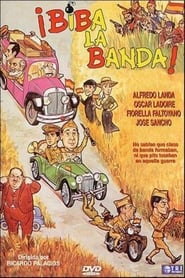 In 1938 at the height of the...
In 1938 at the height of the...¡Biba la banda! 1987
In 1938, at the height of the civil war, the musicians of the military band were very worried about their next concert. Agustín receives a letter from his girlfriend, who tells him about the difficulties he is going through with the rice harvest. She then decides to ask permission to go and help her, but as Lieutenant Urquiza refuses, she escapes. Two companions sent to bring him back, finally, stay with him. Also Sergeant Perez and several musicians who go looking for him stay with them.
 The movie tells the story of...
The movie tells the story of...Loca por el circo 1982
The movie tells the story of Teresa, a girl who works at the circus with a children's show but faces his father because he does not want to become a clown. In their flight takes refuge in the town where Paulina, her twin sister works as a teacher and is forced by circumstances to replace her at school. While Teresa is a fun and outgoing girl, Paulina is the opposite.
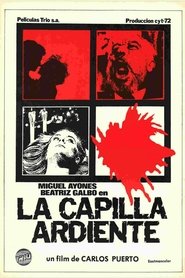 A young man with telekinetic powers...
A young man with telekinetic powers...The Funeral Chapel 1981
A young man with telekinetic powers comes to stay in an old house inhabited by two sisters and there he has to face supernatural phenomena that reach their culmination when he is saved from dying by an old man murdered some time ago.
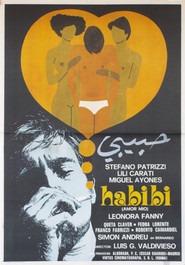 Young Stefano falls in love with...
Young Stefano falls in love with...Habibi, amor mío 1981
Young Stefano falls in love with a Spanish girl, Habibi. The two become engaged, but after a happy period, Stefano will discover the girl's betrayals. This will lead the protagonists to drift apart and seek new paths; this will be an opportunity for them to reflect on themselves and the loss of values in life.
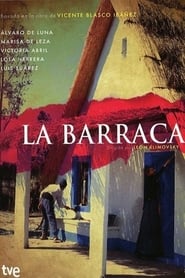 Vicente Blasco Ibez wrote in 1898 La...
Vicente Blasco Ibez wrote in 1898 La...The Shack 1979
Vicente Blasco Ibáñez wrote in 1898 "La barraca" (The Shack), a novel with some cultural significance among Spanish literature for reflecting rural life at the end of 19th century with specific local color. In 1979, León Klimovsky directed an adaptation in the form of a miniseries. The shack referred to in the title is a barraca, a typical building of the Valencian Community that served as housing for farmers in irrigated farming areas.
 Ursula Alejandra Nicholson the Carrot Queen...
Ursula Alejandra Nicholson the Carrot Queen...The Carrot Queen 1977
Ursula Alejandra Nicholson, the Carrot Queen, an extravagant American millionaire, arrives in Spain. J.J., a suave and ambitious executive, decides to become involved in the American carrot industry. To do so, he will take advantage of an unhappy bookseller, pulling him into a delirious misadventure that serves as a political satire.

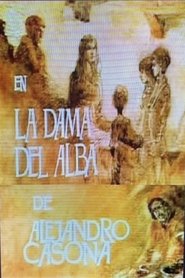
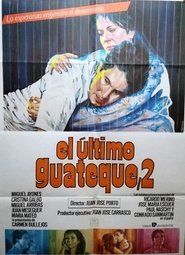
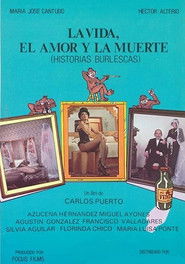 Divided into three grotesque stories of...
Divided into three grotesque stories of...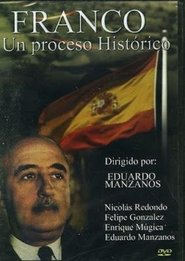
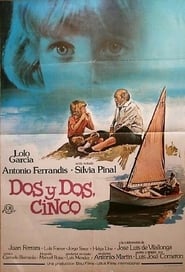
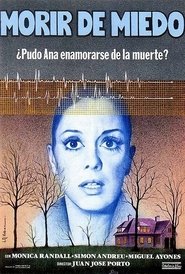
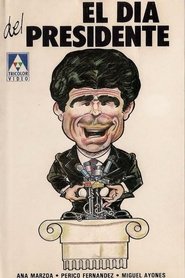

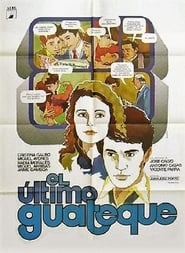
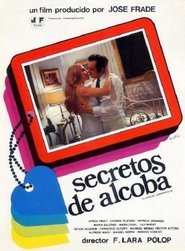
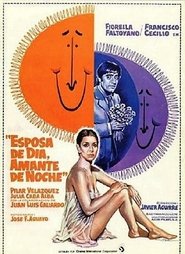
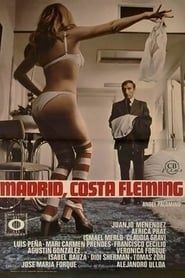 Sexy comedy
Sexy comedy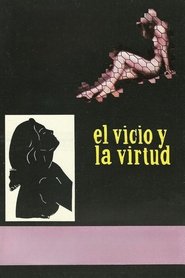 A shy and romantic girl of...
A shy and romantic girl of...